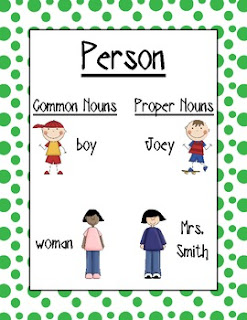Whoever vs. Whomever Don’t Say: Give the tickets to whomever can use them. Say Instead: Give the tickets to whoever can use them. Here’s Why: You may have been tempted to say “whomever” here, because it may seem to be the object of “to.” But actually the object of “to” is the whole final clause “whoever can use them.” Within that clause, the pronoun is the subject of the verb “can,” so the subjective case is required, and that’s “whoever.” Grammatically, “whoever” and “whomever” work the same way that “who” and “whom” do. Wherever you would use “who,” you use “whoever,” and wherever you would use “whom,” you use “whomever.” “Whoever” can be used as the subject of a verb, for example: Whoever took my belt had better give it back. Whoever said that was crazy. “ Whomever ” can put in an appearance as a verb’s object: Please bring whomever you like to the picnic. But these pronouns get tough when it’s hard to tell which part of the sentence determines which pronoun w...





